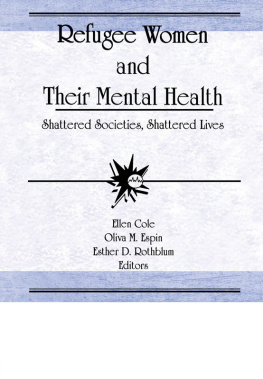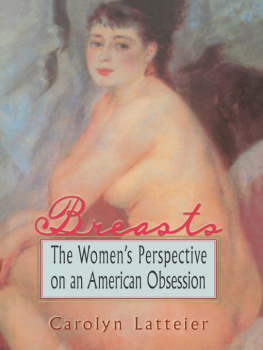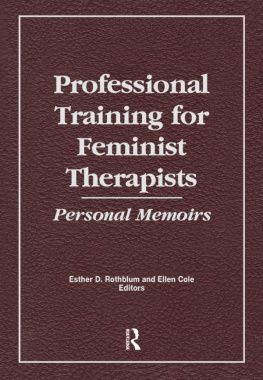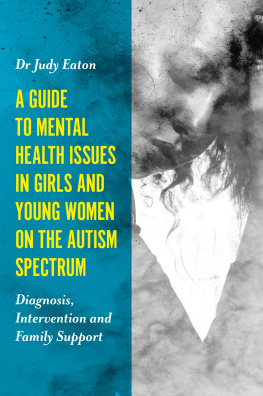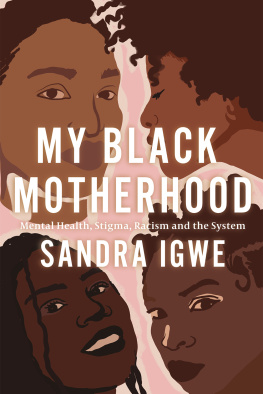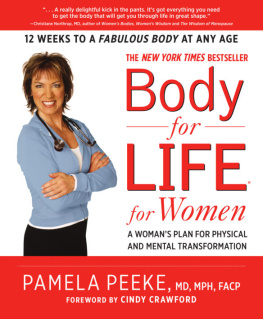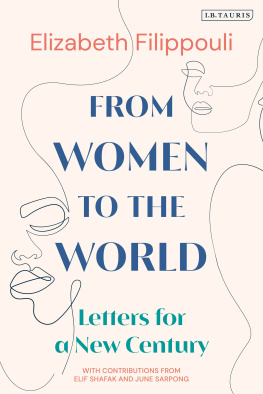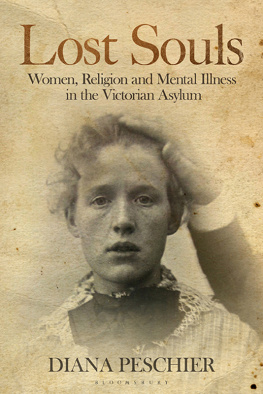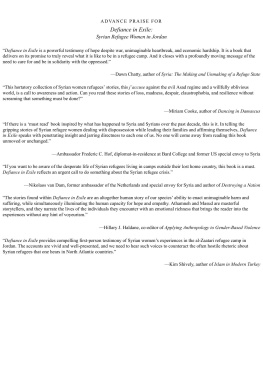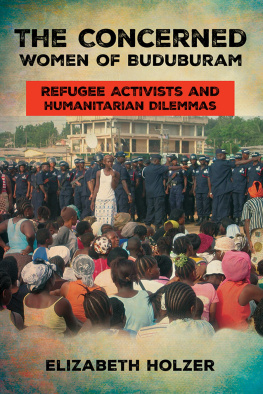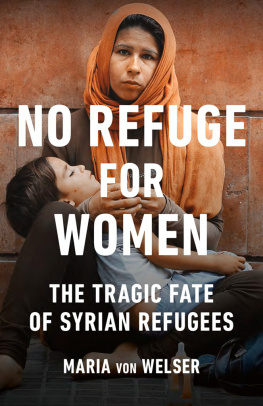Refugee Women
and Their Mental Health:
Shattered Societies,
Shattered Lives
Refugee Women
and Their Mental Health:
Shattered Societies,
Shattered Lives
Ellen Cole
Oliva M. Espin
Esther D. Rothblum
Editors
Refugee Women and Their Mental Health: Shattered Societies, Shattered Lives has also been published as Women & Therapy, Volume 13, Numbers 1/2 and Volume 13, Number 3 1992.
1992 by The Haworth Press, Inc. All rights reserved. No part of this work may be reproduced or utilized in any form or by any means, electronic or mechanical, including photocopying, microfilm and recording, or by any information storage and retrieval system, without permission in writing from the publisher.
First published by The Haworth Press, Inc.
The Haworth Press, Inc., 10 Alice Street, Binghamton, NY 13904-1580 USA
This edition published 2012 by Routledge:
Routledge
Taylor & Francis Group
711 Third Avenue
New York, NY 10017 | Routledge
Taylor & Francis Group
2 Park Square, Milton Park
Abingdon, Oxon OX14 4RN |
Library of Congress Cataloging-in-Publication Data
Refugee women and their mental health : shattered societies, shattered lives / Ellen Cole, Oliva
M. Espin, Esther D. Rothblum, editors.
p. cm.
Includes bibliographical references
ISBN 1-56024-372-4 (acid free paper)-ISBN 1-56023-030-4 (pbk : acid-free paper)
1. Women refugees-Mental health. 2. Women refugees-Counseling of. 3. Post-traumatic stress disorder-Treatment. I. Cole, Ellen. II. Espin, Oliva M. III. Rothblum, Esther D.
| RC451.4.R43R455 1992 |
| 616.85'21-dc20 | 92-24548
CIP |
Refugee Women
and Their Mental Health:
Shattered Societies, Shattered Lives
CONTENTS
Theanvy Kuoch
Sima Wali
Mary F. Scully
Ellen Cole
Esther D. Rothblum
Oliva M. Espin
Delia H. Saldaa
Mary K. Roberson
Maria Bylund
Amy R. Friedman
Deborah Fuller Hahn
Michael D. Roe
Rachel Josefowitz Siegel
Sultana Parvanta
Sokhany Sieng
Janice L. Thompson
Patricia K. Robin Herbst
Nancy Grey Postero
Adrianne Aron
Theanvy Kuoch
Richard A. Miller
Mary F. Scully
Barbara Chester
Barbara W.K. Yee
Gretchen B. Van Boemel Patricia D. Roze
Deborah J. Bowen
Lisa Carscadden
Kate Beighle
India Fleming
Judith Shepherd
Deborah Light
ABOUT THE EDITORS
Ellen Cole, PhD, was part of a team of mental health researchers in 1989 that visited three refugee camps on the border of Thailand and Cambodia. She describes it as a consciousness-raising trip that inspired the issue. She is Director of the Master of Arts Program of Prescott College in Arizona.
Oliva M. Espin, PhD, specialized in therapy, research, and training on cross-cultural issues in psychology, and the psychology of Latina women. A fellow of five divisions of the American Psychological Association, she is the co-recipient of the 1991 APA Award for Distinguished Professional Contribution to Public Service. Currently, Dr. Espin is Professor of Women's Studies at San Diego State University.
Esther D. Rothblum, PhD, the daughter of a Jewish refugee father, grew up in Austria, Yugoslavia, Spain, Brazil, and Nigeria before becoming a U.S. citizen while an adolescent. A clinical psychologist, Dr. Rothblum is Associate Professor in the Department of Psychology at the University of Vermont. She recently completed a Kellogg National Fellowship that focused on women's mental health in Africa.
Foreword
Theanvy Kuoch
Sima Wali
Mary F. Scully
A Nation is not conquered until the hearts of its women are on the ground.
Then it is finished.
No matter how brave the warriors
or how powerful the weapons.
-Cheyenne Indian proverb
We are writing this foreword at a convening of refugee women in San Francisco in April of 1991. While we write, over one million refugees are massed along the borders of Iraq. Pictures of children standing barefoot in the snow fill our television screens and mothers around the world can't sleep at night thinking what if that were my child. Officially we are told that over 500 people a day are dying, mostly the children.
But, we know too well that soon the images will fade from our televisions, and the human faces of refugees will become numbers and political issues. The profound trauma that creates refugees numbs our minds and threatens our sense of humanity. In fear of such raw human suffering, we turn away and attempt to readjust our reality.
We have watched before as refugees become the problem, not the victims of the problem. Too many times we have seen survivors of genocide, victims of persecution and casualties of war become economic migrants, displaced persons and illegal aliens. As they are re-labelled, we also begin to forget their trauma.
The human face of refugees is female. Over 80% of the adult refugee population are women who are attempting to protect and provide for their children. Unlike their husbands, brothers and fathers who are in the military, they are not protected by a Geneva Convention. As a people with no country, they have no human rights. When a sovereign nation decides it no longer wishes to host refugees, their label is changed to displaced person and they lose even the limited protection provided by the United Nations High Commission for Refugees (UNHCR).
The number of refugees in the world has doubled in the past decade and until the conditions that create refugees are changed, we can only expect that the numbers will increase. What has remained the same are the conditions which refugees face in their search for survival.
Torture, rape, abduction, forced prostitution, and domestic violence are common with all refugee women from all economic, racial, and ethnic groups. We know from a study conducted by Refugee Women in Development and Harvard University that violence follows refugee women even after they are resettled in a new country. Women who are raped during their journey to freedom are more likely to be victims of domestic violence in their new homes.
The price that refugee women pay for their freedom is extremely high. The women of the San Francisco convening have identified physical and mental health as priority issues for refugee women from all ethnic groups. They clearly articulate the concern for mental health providers to deal with the issues of trauma and not revictimize this population with diagnoses and treatment that ignore the trauma and are used only to maintain the status quo.
Refugee women are the caregivers of the family and the keepers of vital traditions, traditions that ground the family in its culture. Unless the needs of these women are addressed, the stability of a generation of children will be lost and indeed, nations will be lost.
We are pleased to be able to write the foreword for a volume which deals with the mental health and treatment of refugees. We know that therapists who work with refugee women are privileged to testimonies which will never be heard in a court of law. While governments, courts, and historians can manipulate facts and events, the therapist will continuously look into the human face of the refugee story. As a witness, the therapist must deal with the task of helping to give voice to the suffering and strength of refugee women and to act as an advocate during these crucial years.

